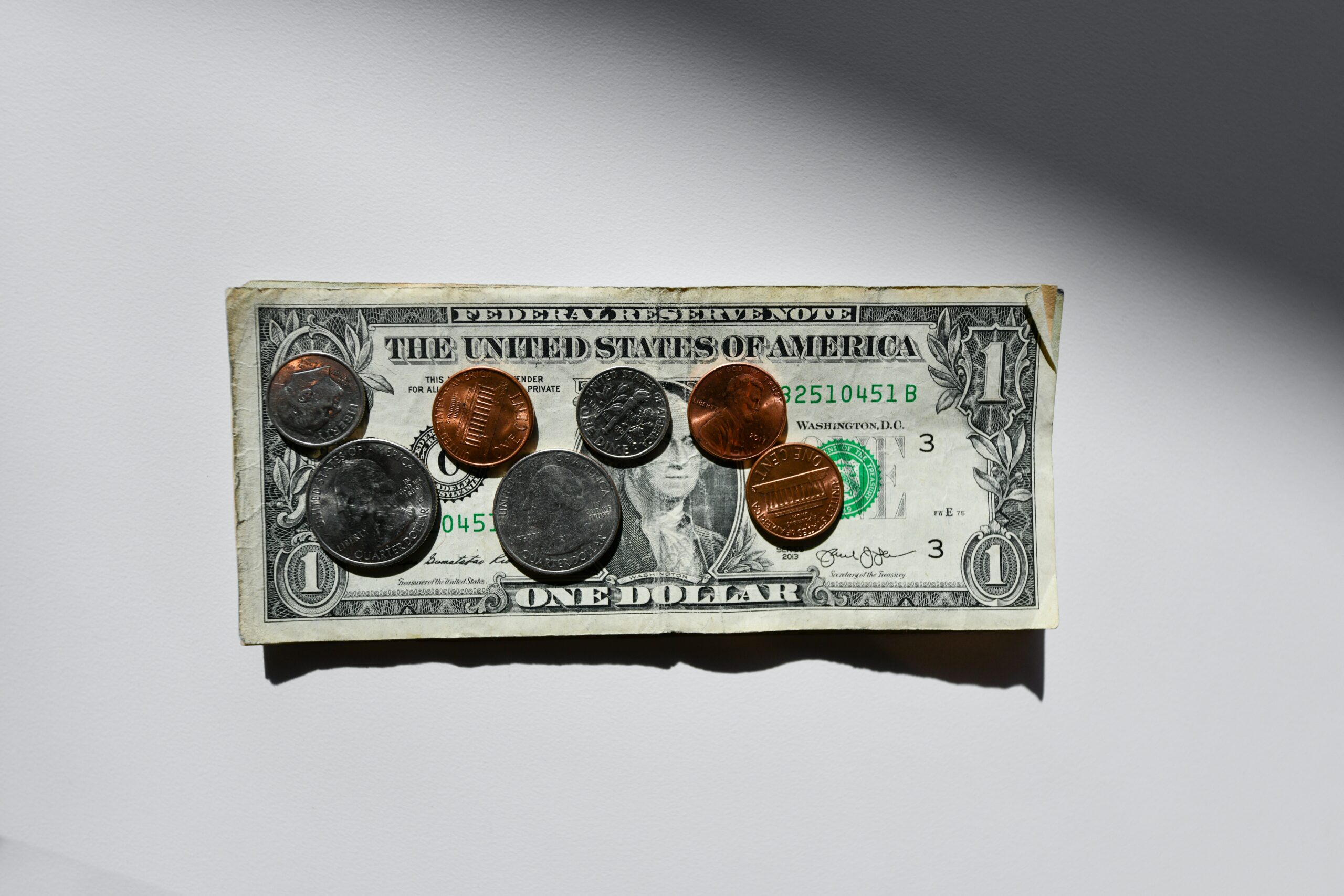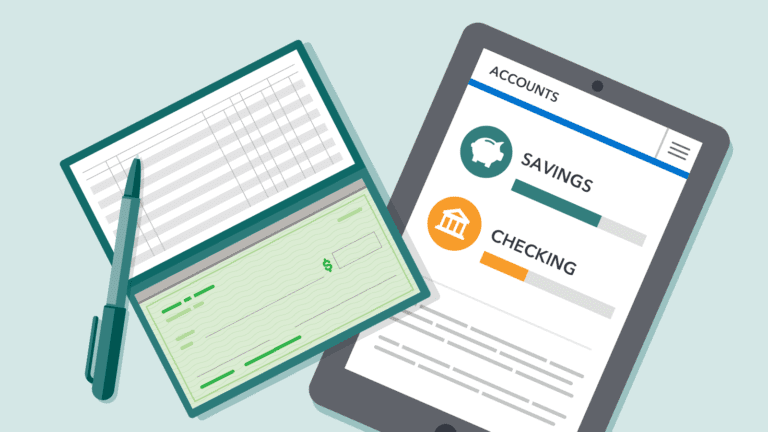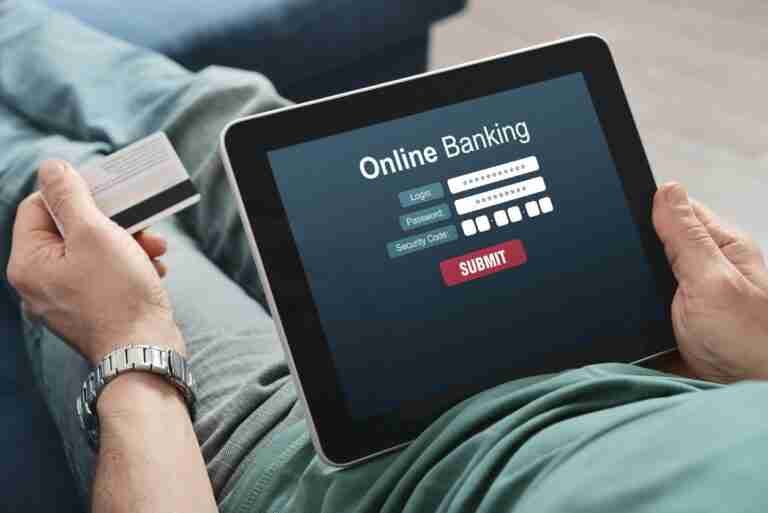Checking Accounts for Bad Credit
Checking Accounts for Bad Credit – bad credit is generally understood as a credit score that falls below a certain threshold, typically a FICO score of 580. This classification can arise from various factors, including late payments, defaults, high credit utilization, or bankruptcies. Individuals with bad credit often face challenges not only in securing loans but also in accessing basic banking services, such as checking accounts.
The correlation between credit history and banking services is significant. Banks and financial institutions utilize credit scores to assess the risk associated with offering accounts and services to potential customers. A poor credit history may lead these institutions to consider individuals as high-risk borrowers, thereby limiting their options or imposing higher fees and interest rates on available services. Consequently, those with bad credit may find that traditional checking accounts are not an option or that they must accept accounts with unfavorable terms.
Furthermore, many banks implement account reviews that are influenced by the applicant’s credit history. Common causes of bad credit, such as a history of overdrafts or unpaid debt, may discourage these institutions from approving checking account applications. This restriction can lead to a cycle of financial exclusion, making it essential for individuals with poor credit to seek alternative banking solutions tailored to their financial situations.
Understanding how bad credit impacts banking is crucial for individuals looking to navigate their options effectively. While the road may be challenging, knowledge of one’s credit status and the potential alternatives can empower individuals to make informed decisions regarding their banking needs. Being proactive in addressing credit issues may eventually improve access to more favorable financial products and services in the future.
Types of Checking Accounts Available for Those with Bad Credit
For individuals with bad credit, managing finances can be a challenging endeavor. However, several checking account options cater specifically to their needs, enabling them to perform essential banking functions without the constraints of traditional accounts. This section examines some of the primary types of checking accounts available, including second-chance accounts and prepaid debit cards.
One popular option is the second-chance checking account. These accounts are designed for those who may have a negative banking history, allowing them to rebuild their financial standing. Institutions offering second-chance accounts typically do not conduct extensive background checks with services like ChexSystems, making it easier for individuals with past banking issues to open an account. Features often include basic banking services such as debit cards, online banking, and direct deposit. However, it is important to note that these accounts may come with higher fees or fewer benefits compared to standard checking accounts. This tradeoff can be a drawback for some users.
Another viable alternative is prepaid debit cards. These cards can be loaded with a predetermined amount of money and used for transactions, similar to a traditional debit card. They offer individuals with bad credit a secure method to manage their finances without the risk of overdraft or accruing debt. Prepaid cards do not require a credit check, allowing for easy approval. However, users should be cognizant of potential fees associated with these cards, such as activation fees, monthly maintenance fees, or ATM withdrawal charges, which can accumulate over time.
Ultimately, the choice between a second-chance checking account and a prepaid debit card will depend on individual financial needs and preferences. It is imperative for users to carefully evaluate the features, fees, and benefits associated with each option to determine the solution that best aligns with their financial goals.
Finding Financial Institutions That Cater to Bad Credit
When navigating the landscape of checking accounts for individuals with bad credit, it is essential to identify financial institutions that offer services tailored to this demographic. Researching banks and credit unions is the first crucial step in this journey. Start by exploring local credit unions, as they often have less stringent requirements compared to larger banks. Many credit unions are community-focused and may provide checking accounts with low fees or no minimum balance requirements, which can be advantageous for those trying to rebuild their financial standing.
Utilizing online resources can be highly beneficial in this research process. Websites that aggregate information on financial products can help you compare options quickly. Look for user reviews, which often highlight personal experiences with specific institutions. Check also for dedicated sections on their policies regarding bad credit; some banks explicitly outline their commitment to helping individuals rebuild their financial health.
As you narrow down potential institutions, it is important to ask the right questions. Inquire about any fees associated with the account, such as monthly maintenance fees, overdraft charges, and the requirements for maintaining the account. Understanding these costs will help you evaluate whether the checking account truly meets your financial needs. Additionally, ask if they offer programs for rebuilding credit, such as reporting your account activity to credit bureaus, which can be an invaluable resource for improving your credit score.
Recommended institutions often include regional banks and credit unions that have favorable policies for low-credit individuals. Notable examples may include community banks, which frequently have more personalized service and willing to take on clients with past credit issues. By actively researching and engaging with financial institutions, individuals with bad credit can find suitable checking accounts that align with their financial recovery goals.

Required Documents and Application Process
When applying for a checking account with bad credit, it is essential to prepare the necessary documentation ahead of time. Financial institutions may have varying requirements, but several common documents are typically needed to facilitate the application process. First and foremost, applicants must provide valid personal identification. This can include a government-issued ID such as a driver’s license or a passport. These forms of identification serve to verify the applicant’s identity and prevent fraudulent activities.
Additionally, proof of income is crucial. This may be demonstrated through pay stubs, tax returns, or other documents that demonstrate regular income flow. Individuals who are self-employed may need to present additional documentation, such as bank statements or profit and loss statements. This information is vital for banks to assess the applicant’s financial situation and ability to maintain the account competently.
Some institutions may also request supplementary documentation based on their policies. For example, if the applicant is a student, a student ID or enrollment confirmation letter might be necessary. Similarly, those receiving governmental assistance may need to provide eligibility documents to establish their financial benefits.
Once the required paperwork is gathered, the next step involves understanding the application process. Typically, the application may be completed online or in person at the bank. For an online application, applicants usually need to fill out a form detailing personal information, annual income, and the type of account they desire. If applying in person, it is advisable to bring all relevant documents for a smoother experience. After submission, the bank will review the application, which may take anywhere from a few minutes to several days, depending on the institution. By following these steps and ensuring all necessary documentation is in order, individuals with bad credit can navigate the application process more effectively.
Understanding Fees and Charges Associated with Checking Accounts
When managing a checking account, particularly for individuals with bad credit, it is essential to understand the various fees and charges that may be applicable. These costs can significantly affect the overall affordability and usability of the account, making awareness and management crucial considerations.
One of the most common fees associated with checking accounts is the monthly maintenance fee. Many financial institutions charge this fee to account holders, often based on the maintenance of the account balance. For those with bad credit, the likelihood of facing higher fees increases if they cannot meet the minimum balance requirements. It’s advisable to shop around for accounts that offer zero or low monthly maintenance fees, especially those tailored for individuals with less-than-ideal credit histories.
Overdraft fees represent another significant charge that customers might encounter. If the account holder spends more than the available balance, the bank may authorize the transaction but subsequently impose a fee for the overdraft. For individuals with bad credit, these fees can compound quickly, leading to a precarious financial situation. To mitigate the risk of incurring overdraft fees, one strategy is to monitor account balances regularly and set up alerts for low-balance notifications.
Additionally, some accounts may have transaction limits, which can result in further fees if exceeded. Understanding your account’s specific limits and how they are applied can help you avoid unnecessary charges. Consideration should also be given to accounts that may offer unlimited transactions without additional fees.
In conclusion, individuals with bad credit should pay careful attention to the fees and charges associated with checking accounts. By selecting accounts with favorable terms and being proactive about account management, it is possible to minimize these costs, thereby enhancing financial stability.
Building Your Credit While Using a Checking Account
Managing a checking account can be a pivotal aspect of improving your financial stability, particularly for those with bad credit. While checking accounts themselves do not directly impact credit scores, the financial habits developed through responsible management can positively influence overall financial health, which indirectly aids in credit score improvement.
To begin with, maintaining a positive balance is essential. Regularly depositing funds and avoiding overdrafts demonstrates sound financial management. Overdrafts not only incur fees but can also lead to negative entries on your banking record, which may raise red flags to potential creditors. Use budgeting tools to track your spending, ensuring that your account remains in good standing. This practice establishes a foundation for healthier financial behavior that often translates into positive credit score shifts over time.
Timely payments are another critical component. Although checking accounts do not report payment histories to credit bureaus, ensuring that your linked bills are paid on time—such as utilities and loan repayments—will help you keep a positive financial footprint. Using your checking account to automate payments can alleviate the risk of missed dues, showcasing responsibility and building reliability in your financial dealings.
Once a reliable pattern of managing your checking account is established, consider transitioning to a traditional checking account. Many financial institutions offer checking accounts specifically designed for individuals with bad credit. These accounts may come with fewer fees and more favorable terms. A positive history with a checking account can bolster your eligibility for premium banking services, which often cater to those working to improve their credit scores.
Thus, employing these strategies can create a robust framework for building credit over time, all while managing a checking account effectively. Consistency, responsibility, and forward-thinking are pivotal in this journey towards financial improvement.
Common Challenges and Solutions for Bad Credit Account Holders
Individuals with bad credit often encounter a range of challenges when managing their checking accounts. One prominent issue is the risk of account closures by financial institutions. Banks may view a history of poor credit or financial mismanagement as an indication that a customer poses a higher risk. This often results in a lack of access to essential banking services, making it difficult for these individuals to create a stable financial foundation.
Another common challenge is the tendency for frequent overdrafts. Account holders with bad credit may not have sufficient funds to cover their transactions, leading to overdraft fees that can accumulate rapidly. These fees can exacerbate an individual’s financial situation, creating a cycle of debt that becomes increasingly difficult to break. Additionally, some banks impose restrictions on transactions, such as limiting daily withdrawals or requiring fees for certain services, which can further hinder access to funds.
Despite these challenges, there are effective solutions for bad credit account holders. One essential approach is implementing a strict budget management system. By tracking income and expenses, individuals can gain a clearer understanding of their financial landscape and allocate funds appropriately to avoid overdrafts. This awareness enables account holders to make informed decisions regarding their spending habits.
Regular monitoring of account activity is another crucial practice. By checking account balances frequently and staying updated on transaction history, individuals can quickly identify potential issues and address them before they escalate. Moreover, utilizing mobile banking applications and alerts can help maintain discipline regarding spending, ensuring that account holders stay within their limits.
In essence, while navigating checking accounts with bad credit can present challenges such as account closures and frequent overdrafts, proactive measures like budget management and regular activity monitoring can empower individuals to effectively manage their finances and regain control over their banking experience.
Consumer Rights and Banking Regulations
Understanding consumer rights in relation to checking accounts is vital, particularly for individuals with bad credit. Financial institutions are bound by various regulations designed to protect consumers. One of the most significant regulations is the Fair Credit Reporting Act (FCRA), which governs how credit information is collected, communicated, and processed. This act mandates that consumers should be informed when their credit reports influence banking decisions, such as whether to approve a checking account application or assess the terms offered.
Additionally, the FCRA allows consumers to dispute inaccuracies in their credit reports and requires that any corrections be made in a timely manner. For individuals with poor credit history, being aware of these rights provides a necessary foundation for navigating the banking landscape, particularly when applying for checking accounts. Financial institutions also need to comply with the Equal Credit Opportunity Act, which prevents discrimination based on race, gender, or socioeconomic status. This means that individuals with bad credit cannot be unfairly denied access to checking accounts solely due to their credit history.
When rights are violated, consumers have several recourse options. First, individuals should directly contact the financial institution to address grievances. Many banks have customer service departments that can assist with issues related to account access or perceived discrimination. If those efforts are unproductive, consumers may escalate the matter by filing a complaint with the Consumer Financial Protection Bureau (CFPB). The CFPB educates consumers on their rights and ensures compliance among financial institutions.
Equipped with knowledge about their rights, consumers can advocate for equitable treatment in their banking experiences. Ultimately, being aware of these protections empowers individuals with bad credit to manage their checking accounts responsibly and with assurance.
Additional Financial Resources and Support
Navigating financial challenges, particularly those associated with bad credit, can often feel overwhelming. However, numerous resources exist to provide assistance and guidance to individuals facing these difficulties. First and foremost, financial literacy programs are crucial for developing a deeper understanding of personal finance management. These programs offer workshops and seminars aimed at teaching budgeting, saving, and responsible borrowing. Many local community colleges or non-profit organizations provide free or low-cost seminars that can significantly enhance financial knowledge.
Moreover, credit counseling services play a vital role in supporting individuals with bad credit. These non-profit agencies offer consultation sessions to help consumers analyze their financial situations, prioritize debt repayment, and create realistic budgets. A certified credit counselor will take the time to discuss various options available, including debt management plans that can assist individuals in rebuilding their credit while managing existing obligations. It is essential to choose a reputable counseling service that is accredited and has positive client reviews. The National Foundation for Credit Counseling (NFCC) is one such organization that can be of great help.
Additionally, community organizations often provide resources tailored for those with low credit scores. Many of these organizations collaborate with local banks and credit unions to offer programs specifically designed for individuals who may have difficulty obtaining standard checking accounts. These programs may include no-fee accounts, financial coaching sessions, and even emergency funds for unexpected expenses. By reaching out to local community centers or searching online directories, individuals can discover resources and support systems available in their area.
In conclusion, while bad credit can pose significant challenges in securing a checking account, various resources such as financial literacy programs, credit counseling services, and community organizations can provide essential support. Utilizing these resources effectively can empower individuals to make informed financial decisions and work towards improving their overall credit situation.
Checking Accounts for Bad Credit







